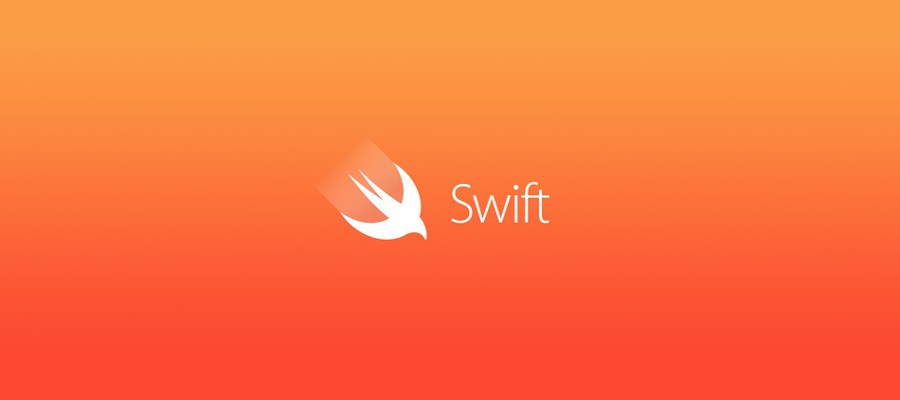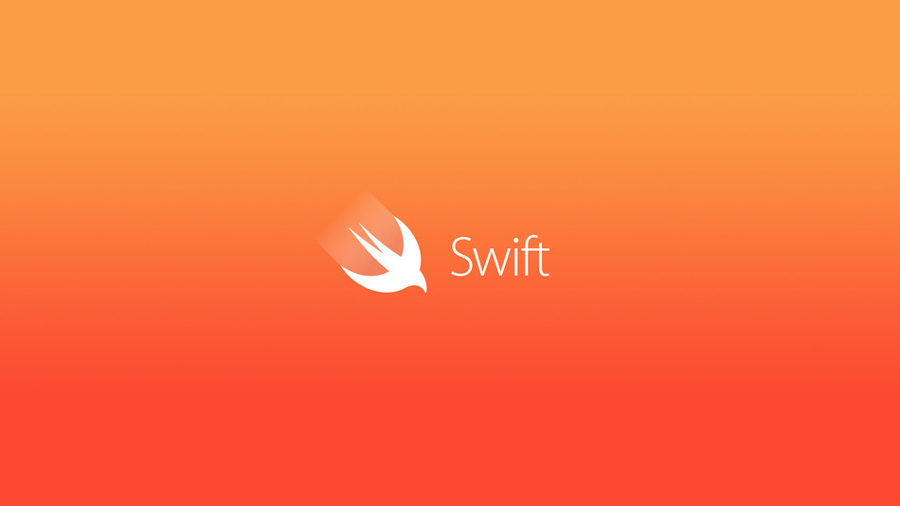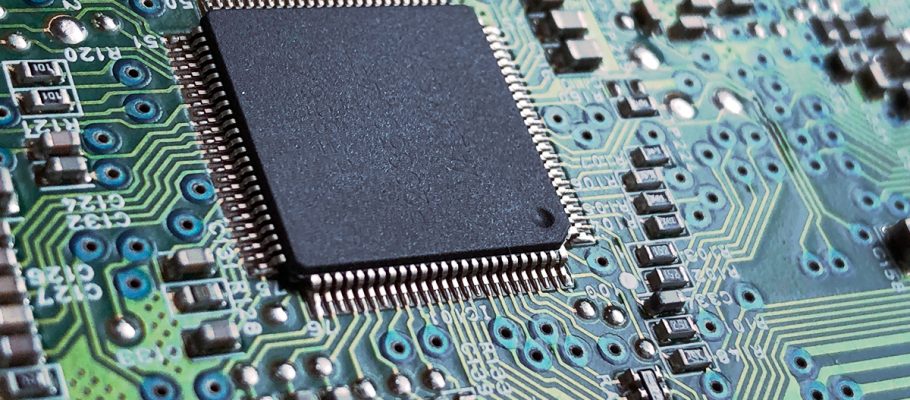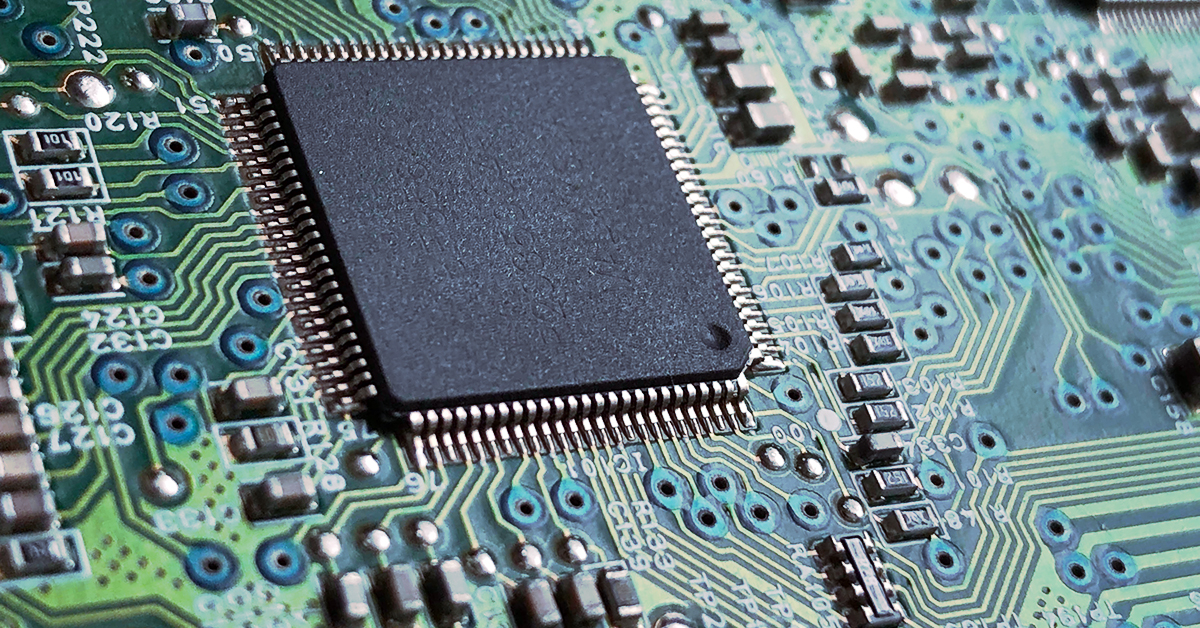Photo by rawpixel on Unsplash
A happy customer is a returning customer. Brand loyalty is when your users have the opportunity and good reason to choose another brand, and yet they choose to stick with you. Maybe it’s how your brand looks. Maybe it’s how it sounds, tastes, or feels. Whatever it is, something clicked with them and they clicked with you.
If your product sells today, that’s no guarantee it will sell tomorrow, or a year from now. Unless you’re giving away free cash bundles, holding on to a user base is no walk in the park. Some companies use surveys to see how consumers view their brand and how they stack against their competitors, and they adjust their practices based on the feedback. Others prefer to pour all their resources into building trust, quality and value, without asking too much around. But most don’t bother to do any of these things. And that’s no way to obtain loyalty














